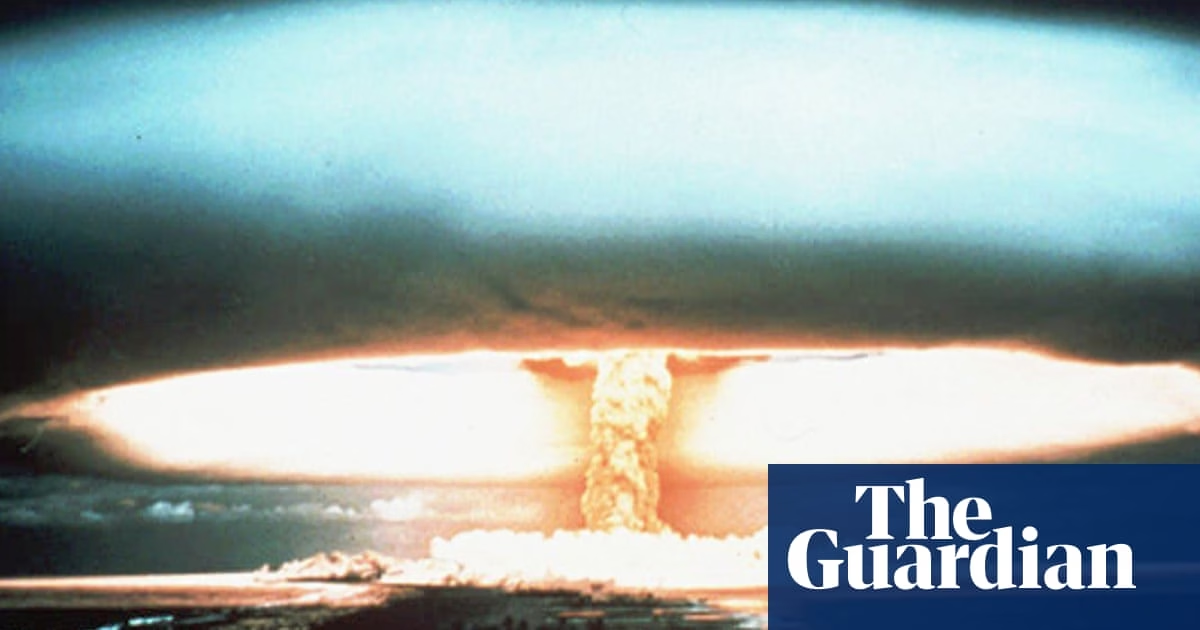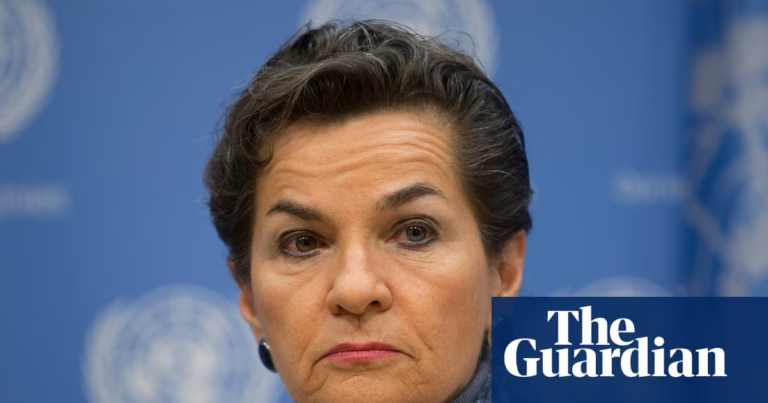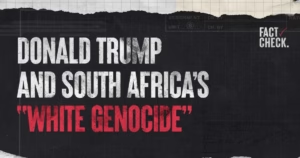The France’s Atomic Energy Commission (CEA) has allocated a significant amount of euros in order to address the research findings revealing that Paris has constantly downplayed the devastating effects of its nuclear tests in French Polynesia in the 1960s and 1970s.
Prior to the presentation of a parliamentary inquiry report on the tests, documents obtained by Disclose, an investigative outlet, indicate that CEA conducted a systematic campaign to discredit the revelations.
A book titled “Toxique,” published in 2021, which focused on six out of the 193 nuclear tests carried out by France from 1966 to 1996 at Moruroa and Fangataufa atolls, revealed that these tests caused far more contamination than France has ever acknowledged.
In response to Toxique, CEA published its own booklet titled “Nuclear tests in French Polynesia: why, how, and with what consequences?” and distributed 5,000 copies across the islands. This campaign, which cost over €90,000, involved a team of four people traveling to French Polynesia in business class and staying at the Hilton hotel to meet with local dignitaries and give media interviews.
However, contrary to the claims made by CEA’s booklet, Toxique alleged that CEA has consistently underestimated the levels of radiation involved, thereby limiting the number of people eligible for compensation. Only about half of the 2,846 compensation claims submitted have even been deemed admissible as of 2023.
The publication of Toxique led to significant controversy in France, prompting visits to French Polynesia by a minister and President Emmanuel Macron, who acknowledged France’s “debt” to the region.
In one 1974 test alone, research suggests that 110,000 people, equivalent to the population of Tahiti and its nearby islands, could have received a high enough radiation dose to qualify for compensation if they later developed any one of 23 different cancers.
Despite being in the spotlight, the CEA continues to deny that its booklet was a response to Toxique, claiming instead that previous publications were overly technical.
However, the inquiry has received evidence that the CEA/DAM has only declassified 380 documents since Macron called for greater transparency around the tests, a paltry number compared with the army’s 173,000 declassified documents.
The inquiry is currently investigating the social, economic, and environmental impact of the tests and whether France intentionally concealed the extent of the contamination.
Radiation-related thyroid, breast, and lung cancers, as well as leukemia and lymphoma, are prevalent across the islands. The French army has acknowledged that up to 2,000 military personnel could have been exposed to enough radiation to cause cancer.
Source: https://www.theguardian.com/world/2025/may/27/france-spent-90000-countering-research-into-impact-of-pacific-nuclear-tests








